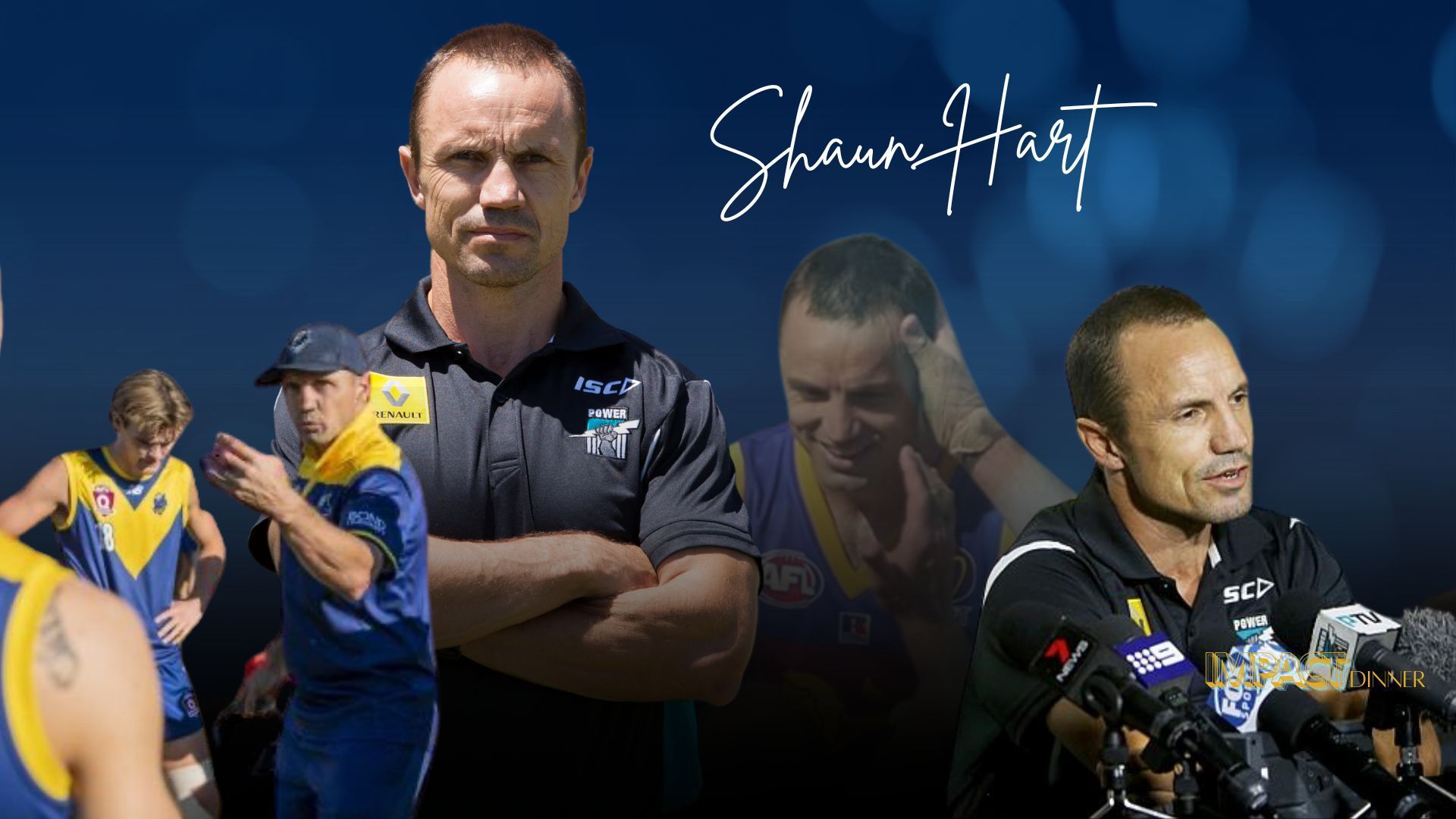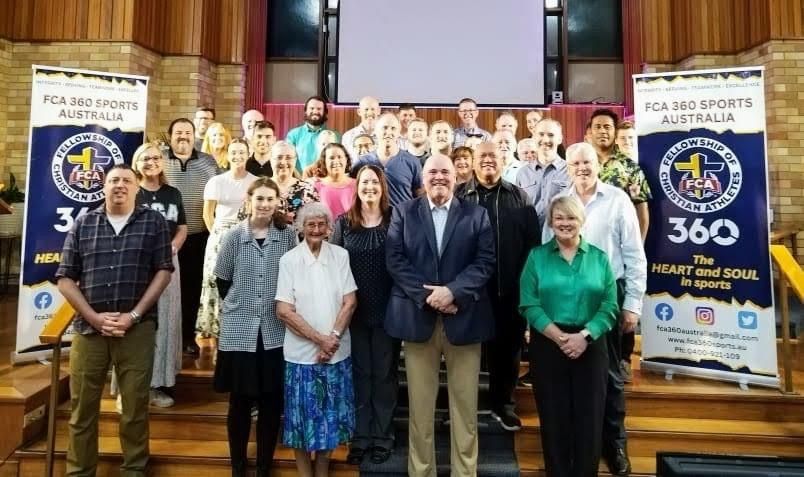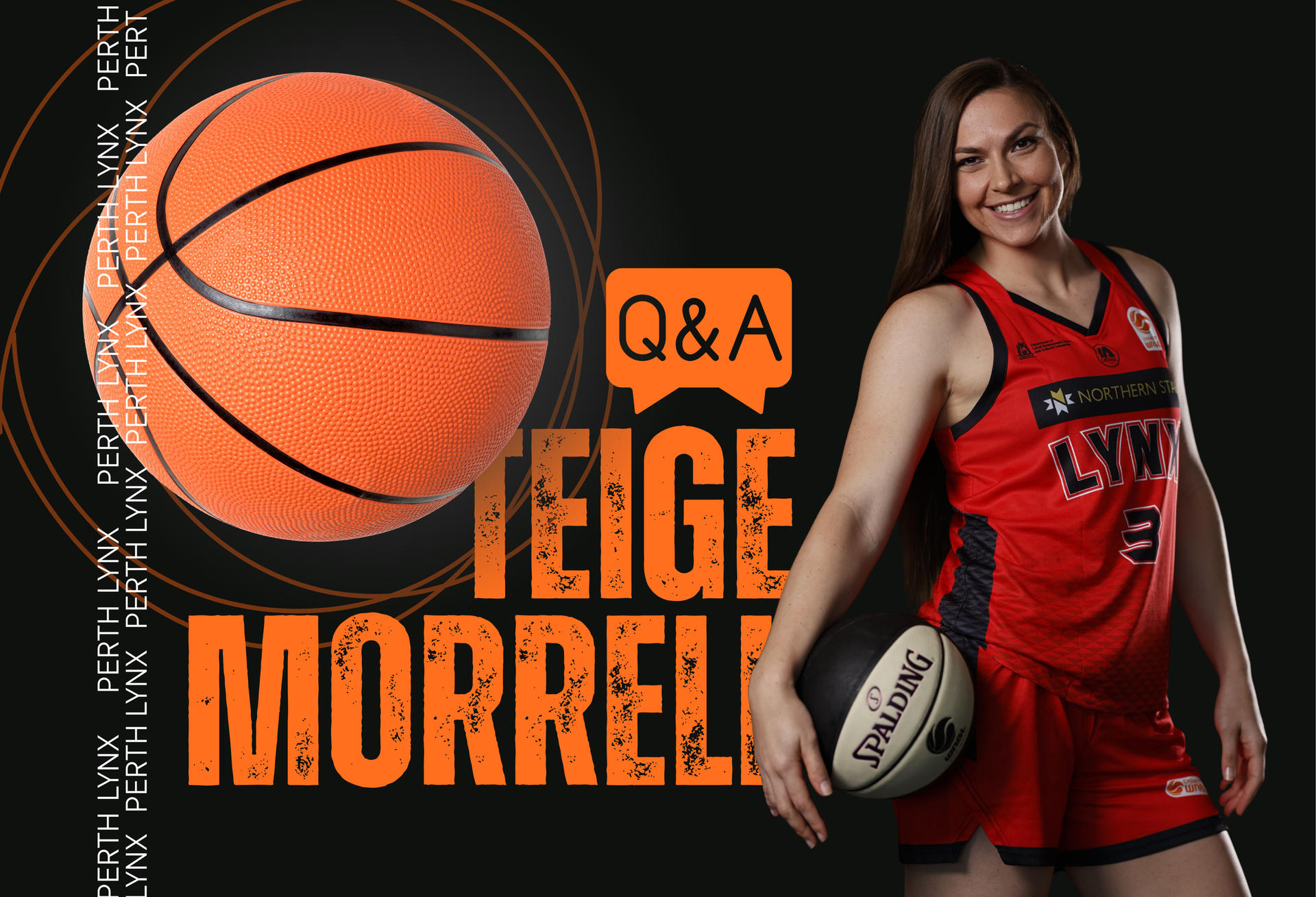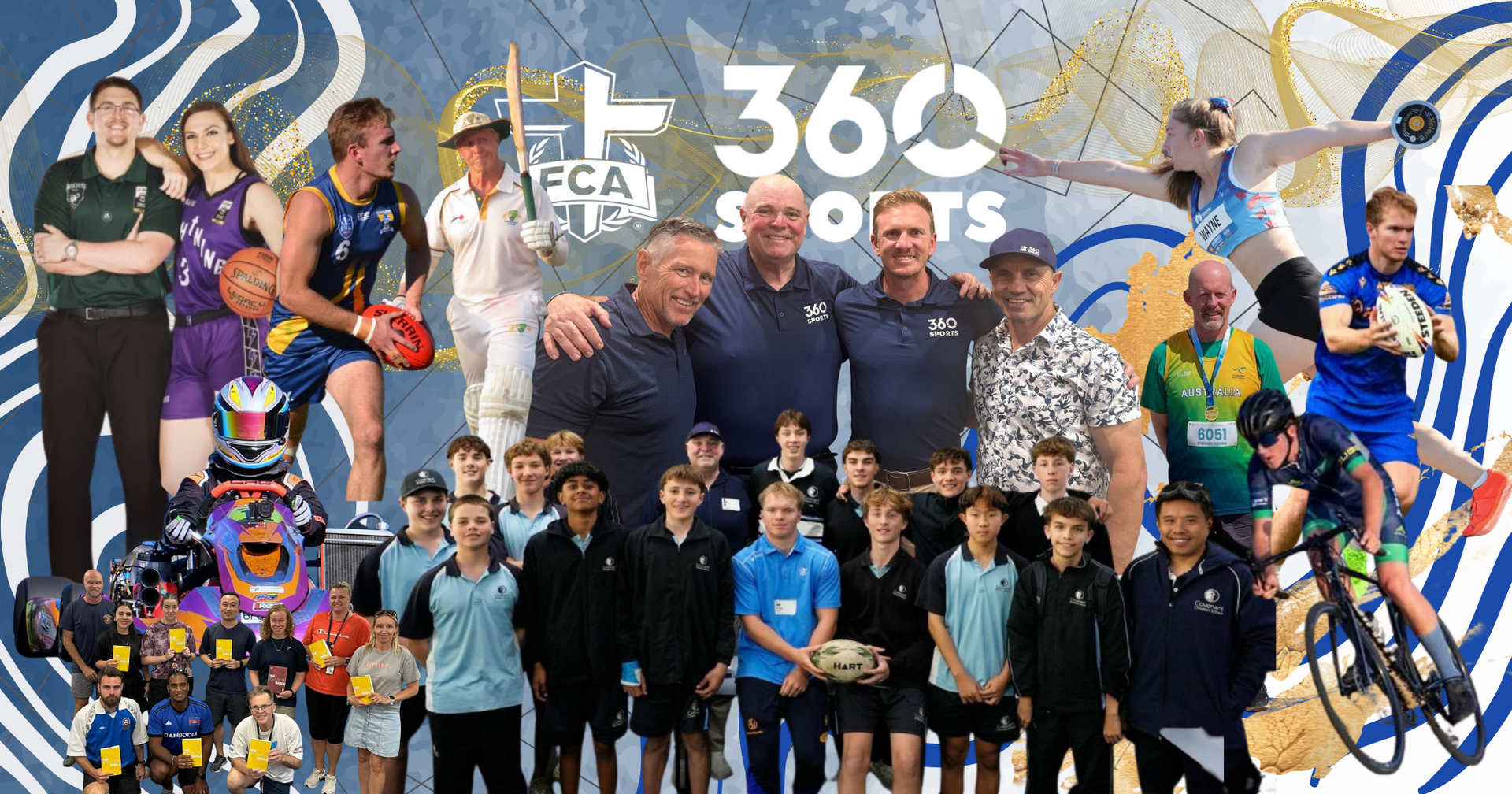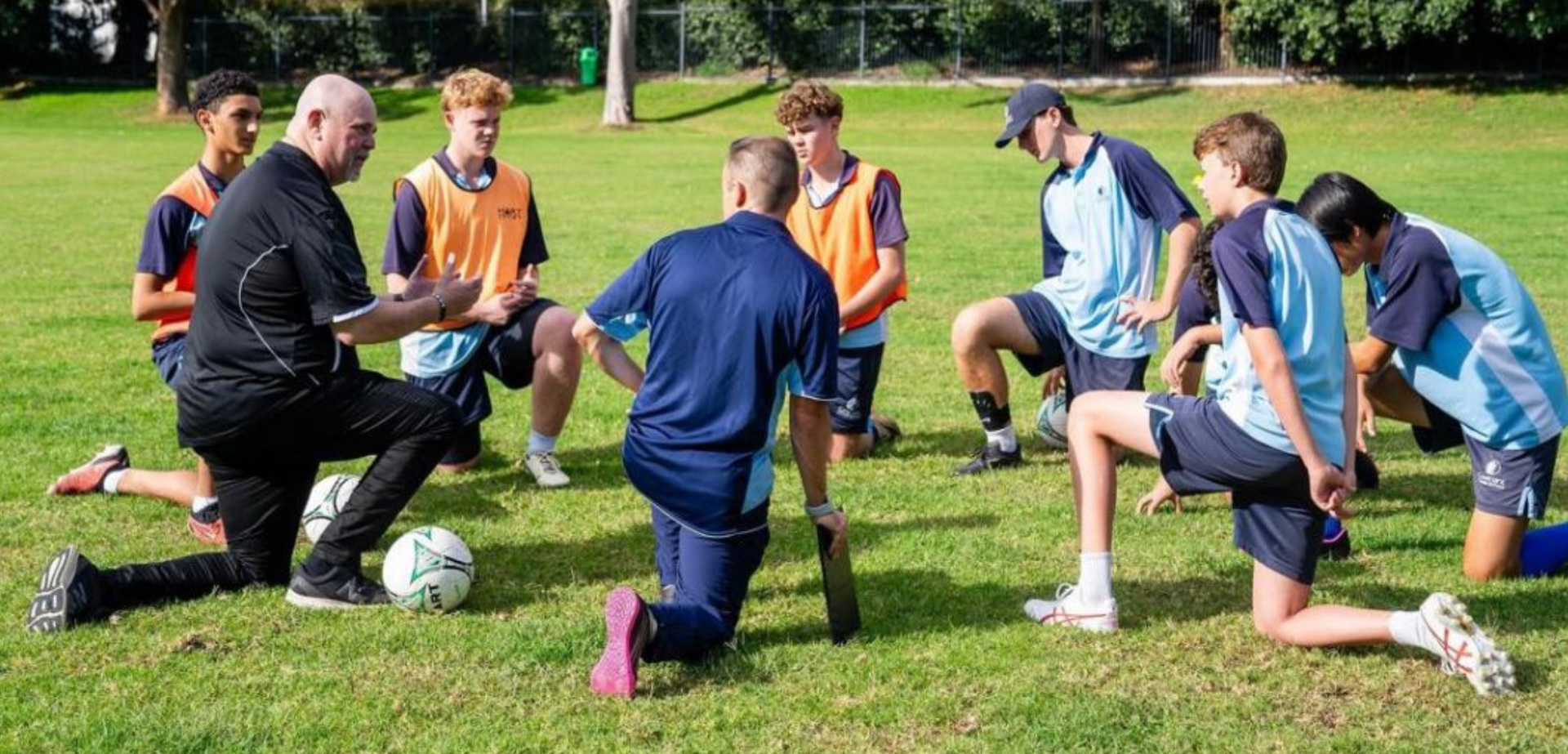Footy, ferocity and faith
Learning from our Pacifika team-mates in Christ

I remember being on the receiving end of a “Samoan sidestep”. I was the last line of defence at fullback with a young inside centre barrelling towards me. I knew my technique well – get down low, aim for the little teardrop-shaped spot just above the knee cap, drive the shoulder, wrap the arms and down he will come… in theory. The reality was he ran straight over the top of me and went in to score a 5 pointer just beside the posts. I was left lying on the ground thanking Christ I hadn’t damaged my head in the process. As fierce young Sione (his name I learned after the game) came back past me, he smiled, bent over to give me a hand up and said, “God bless you, brother!” Sione, meaning “graced by Yahweh” or “God is gracious,” is a name is often given to those raised in homes where faith is a big part of life. This Tongan and Samoan name helps the growing child to embrace not only their faith but also their rich culture. Although on opposite rugby sides that day, we were team-mates in Christ.
I think back on that incident now as an Associate Professor who researches athlete wellbeing. It’s been a delight to see the key role that faith plays, particularly in my research with Pasifika athletes, in developing and sustaining their wellbeing. Yes, a traditional Pasifika model of wellbeing (called ‘Fonofale’)1 includes spirituality and culture as key pillars, but the way rugby league and rugby union players have expressed their personal connections between faith, family and culture in the strength they bring to a game and in the way they care for community is a point of learning for all of us. Like Leilani, who knows her God-given talents, and wants to play strong to use them for His glory. Like Ratu, who points out to coaches how important church is when coaching problems never look at the spiritual side. Lane, Hall and Gower 2 identify how players draw support from family and community, and Gina Hawkes 3 emphasises the acts of family and community service that are central to faith for footy players, including sending money back to their home countries. This giving and receiving of support through faith, family and community not only helps build identity, but many players believe it also makes them better on the field. Ferocity and generosity are a grand combination in the lives of the faithful and is a great lesson we can learn from our Pasifika team-mates.
Whether we’re on the giving or receiving end of a Samoan sidestep in life, our faith gives us room to live strong, play hard, be kind, and make a difference to the world.
By Dr Neil Hall
Associate Professor of Social Work, Western Sydney University and FCA 360 Sports Mentor.
References:
1. Pulotu-Endemann, FK. (2009). Fonofale Model of Health. Pacific models for health promotion forum held at Massey University, Wellington on September 7, 2009.
2. Lane S, Hall NR & Gower D. (2023). Mental health experiences of Australian National Rugby League (NRL) athletes: a phenomenological study, The International Journal of Sport and Society, 14 (2), 201-218.
3. Hawkes, G. (2023). Football, faith and family for the Australian Pacific Island diaspora: the role of the vā (‘space between’) in rugby league, Sport in Society, 26:9, 1530-1548.
